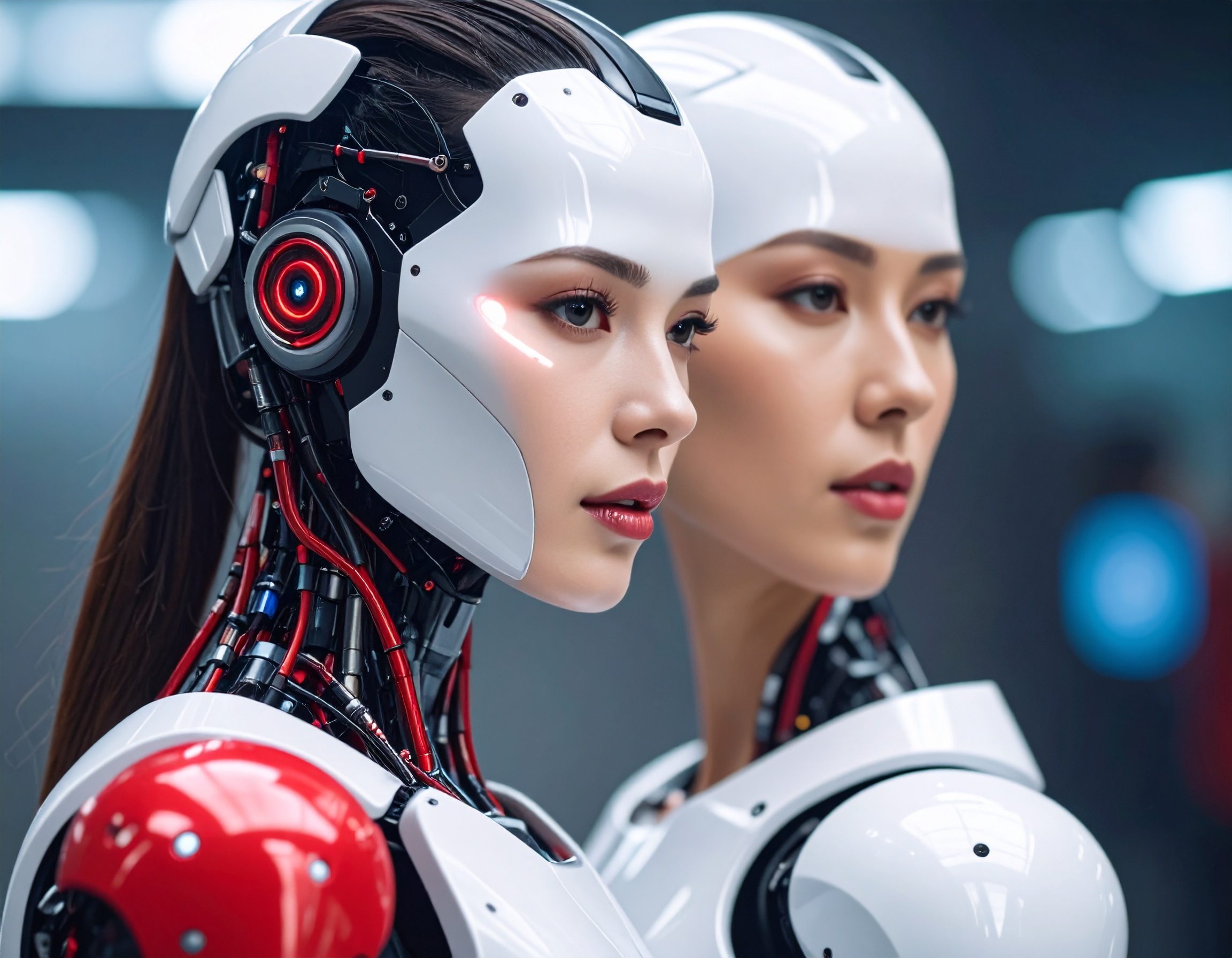The Rise of Digital Employees: How AI and Eastern Europe Are Shaping the Future

Google DeepMind’s New Intelligent Agents
On March 12, 2025, Google DeepMind introduced two cutting-edge AI models, Gemini Robotics and Gemini Robotics-ER. These intelligent agents represent a major breakthrough in robotics, allowing machines to understand and interact with the world in a more human-like manner.
Unlike traditional robots that rely on predefined commands, these digital employees can perform intricate tasks—such as folding paper or unscrewing bottle caps—without specific programming. This advancement is made possible by integrating DeepMind’s powerful Gemini 2.0 language model, which enhances robotic adaptability and problem-solving abilities. The introduction of such advanced non-human workers is expected to revolutionize industries such as manufacturing, logistics, and even household assistance.

Eastern Europe’s Booming Tech Industry
At the same time, Eastern Europe is emerging as a powerful technology hub. Countries like Armenia and Poland have rapidly developed their tech industries, attracting global giants like Nvidia, Adobe, and Microsoft. Armenia, once known as the "Silicon Valley of the Soviet Union," is leveraging its highly skilled workforce and strong diaspora connections to fuel growth in IT and AI development.
Similarly, Poland has implemented strategic economic policies that encourage innovation and investment. With the introduction of Special Economic Zones (SEZs) and a strong focus on education, Poland has positioned itself as one of Europe’s leading tech players. This economic transformation has significantly increased the country’s GDP per capita, proving the effectiveness of its forward-thinking strategies.

A New Era of AI and Global Innovation
These two trends—the rise of intelligent agents and the growth of Eastern European tech ecosystems—are shaping the future of work and innovation. As AI-powered non-human workers become more advanced, they will integrate into more industries, increasing efficiency and productivity. Meanwhile, countries investing in technology and innovation are securing their place in the rapidly evolving digital economy.
With AI-driven digital employees becoming a reality and Eastern Europe strengthening its role in global tech, the future of intelligent workforces looks more promising than ever. The next decade could witness unprecedented collaboration between human and non-human workers, fundamentally transforming how businesses and economies operate.

Key Highlights:
- Google DeepMind’s AI Breakthrough
- Launched Gemini Robotics and Gemini Robotics-ER on March 12, 2025.
- Robots can perform tasks like folding paper and unscrewing bottle caps without specific training.
- Built on Gemini 2.0 large language model, improving adaptability and problem-solving.
- Expected to revolutionize industries like manufacturing, logistics, and home assistance.
- Eastern Europe’s Tech Boom
- Armenia attracts tech giants like Nvidia, Adobe, and Microsoft, reviving its Soviet-era “Silicon Valley” reputation.
- Poland’s strategic investments in Special Economic Zones (SEZs) and education fuel its economic growth.
- Both countries are becoming key players in global technology and AI development.
- The Future of Digital Employees
- AI-powered intelligent agents and non-human workers are becoming more advanced.
- More industries will integrate digital employees to increase efficiency and innovation.
- The global economy is shifting towards a future where AI and human workers collaborate seamlessly.
Reference:


